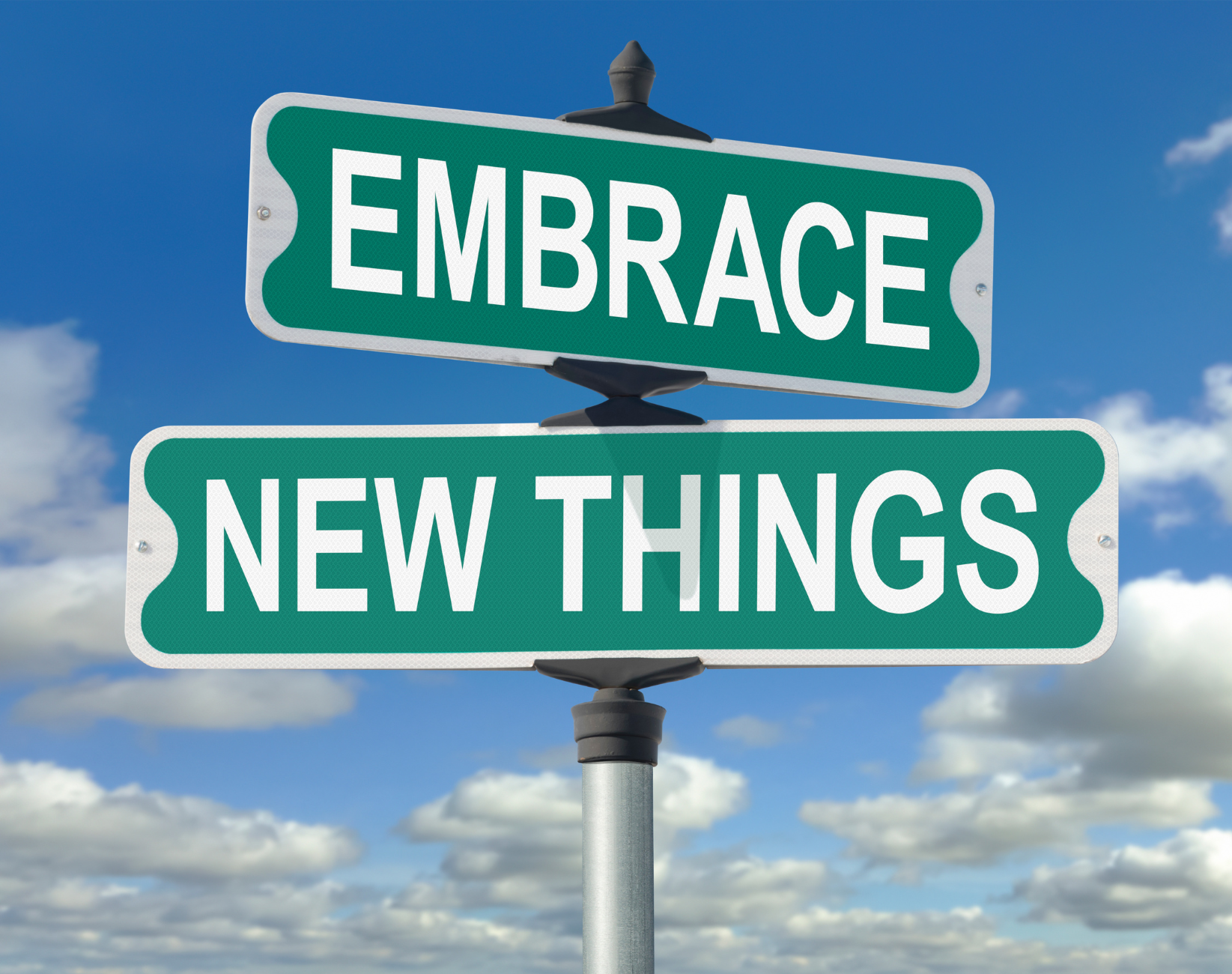Change is inevitable in life, and learning how to navigate through it is crucial for personal growth and well-being. Embracing new beginnings can be challenging, but with the right mindset and strategies, you can turn these transitions into opportunities for positive change. In this article, we will explore effective ways to embrace change and navigate new beginnings with resilience and grace.
Understanding Change
Change is a constant in life, something we all grapple with in varying forms and intensities. It can be quite challenging due to the unpredictability and the unease it incites in us. However, once we understand what change entails and why it can be challenging, we can harness its positive aspects. Change presents opportunities for growth, learning, and self-discovery. Accepting this truth makes it easier to embrace change and harness its power to fuel personal growth and development.
Strategies for Embracing New Beginnings
A. Acceptance and Mindset
While change can be inevitable, how we respond to it is in our hands. Adopting a mindset of acceptance towards change can make the process much more manageable. Choose to welcome change and view it as a catalyst for personal growth and self-improvement. Positivity is another powerful tool that can significantly influence our experience with new beginnings, turning challenging transitions into stepping stones towards better opportunities.
B. Setting Goals and Intentions
Navigating change successfully often requires setting clear and realistic goals. Goals guide your path, providing you with a sense of direction during uncertain times. They can anchor you in your new reality, keeping you grounded and motivated to adapt and succeed. Alongside goals, setting an intention for how you want to navigate your new beginning can be extremely powerful. Unlike goals, which are future-focused and results-oriented, intentions emphasize the present moment and the process of change itself.
C. Self-Care and Wellness Practices
Managing change can be demanding, mentally and emotionally. Implementing self-care and wellness practices can be instrumental in ensuring the process does not become overwhelming. This involves not only taking care of your physical health but also prioritizing your mental and emotional well-being. Activities such as regular exercise, adequate sleep, a healthy diet, mindfulness activities, and emotional self-care can very effectively support your transition into the next phase of your life.
D. Seeking Support and Connection
Most people find that change becomes easier to manage when shared with others. Seeking support from friends, family, or professional counselors can provide you with emotional support, advice, and the comfort of knowing you’re not alone. Additionally, establishing connections with groups or communities who are experiencing similar changes can give you additional resilience and strength to navigate your way through this transition.
Overcoming Resistance to Change
A. Identifying and Addressing Fear
Fear is a natural response to change and can often lead to resistance. Identifying these fears is the first step towards addressing them. Strategies to overcome fear include positive affirmations, visualizing successful outcomes, seeking professional help if necessary, and, most importantly, being patient and kind to yourself throughout the process.
B. Embracing Uncertainty
Uncertainty is a significant part of any change process, and sometimes, the only way out is through. Find comfort in the knowledge that even the most daunting situation is temporary and that with time, things will become clearer. Remember to embrace the unknown as an opportunity to learn and grow.
Embracing Flexibility and Adaptability
A. The Importance of Being Flexible
During periods of change, flexibility can be incredibly beneficial. Being flexible allows you to adjust your plans and expectations in response to new situations, making the transition smoother and less stressful. Cultivating adaptability not only helps you navigate change effectively but equips you to handle future challenges with increased resilience and poise.
B. Embracing Failure and Learning
Failure can be inevitable in any process of change. But rather than viewing failure as a setback, consider it a part of the learning process – an opportunity to grow. Use it as a stepping-stone towards your goals. Remember, every failure is a lesson in disguise.
Celebrating Progress and Milestones
The journey of navigating change is filled with milestones and victories that deserve celebration. Recognize each accomplishment, no matter how small, as a step closer to your new beginning. Celebrations act as a positive reinforcement and motivation booster, making the overall process more fun and rewarding.
Conclusion
Change is a constant in life, and by embracing new beginnings with the right strategies, you can turn these transitions into opportunities for personal growth and fulfillment. Remember to stay positive, set clear goals, practice self-care, seek support, navigate your fears, embrace flexibility, and celebrate every milestone on your journey. Change is not just about endings; it is equally a path towards fresh starts and exciting new possibilities.
About Us
At Unified Caring, we believe in the power of change and its potential to create a more caring world. We invite you to join our community and start your journey towards embracing change positively and effectively. Join the Unified Caring community today.

